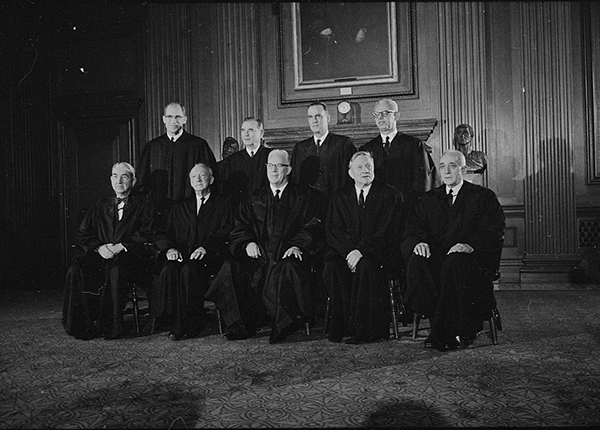Summary
Mildred and Richard Loving, an interracial couple, married in D.C. but moved to Virginia where interracial marriage was banned. They sued for violation of the Equal Protection Clause. The Court held that the Virginia law violated the Fourteenth Amendment because of the law’s clear purpose to create a race-based restriction. The Court reasoned that the law treated people differently based on race because it prohibited marriage based on the race of the other party to the marriage. Here, a white man who married a Black woman was committing a crime because the woman he chose to marry was Black. This holding marked an expansion of the Court’s interpretation of the Equal Protection Clause and the characteristics it protects.







